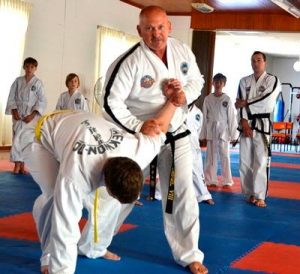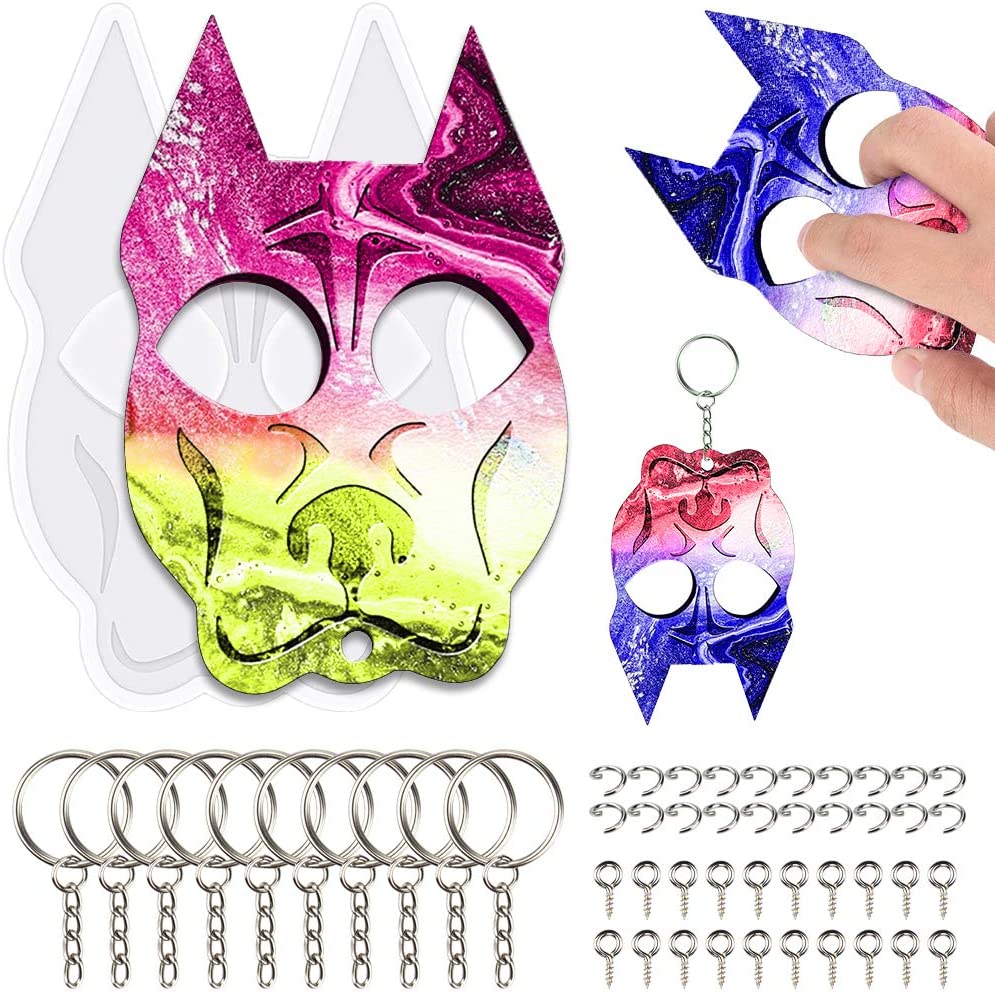
Among many laws in military law is the SROE which outlines the principle that military self defense can be extended to unit self defense. Self defense is also mentioned in the ICRC Commentary on Additional Protocols. If you have questions about the legality of military self defense, read our articles. We will discuss the basics and address some of your most common questions. We'll also discuss the limitations of military self-defense. This will help you be ready to defend your self.
SROE describes self-defense as an extension on unit self defense
The SROE, or standard rules of engagement, define military or national self-defense as an extension of unit-based self-defense. The SROE was created to guide commanders in exercising national self defense outside of armed conflict. However, the term national self-defense is often confused with individual self-defense under criminal laws. This was due to the US entering non-international armed conflict, which left the US military with a confusing and sometimes contradictory self-defense landscape.
A threat is considered imminent in the SROE if a person demonstrates hostile intention. To trigger self-defense, a threat doesn't have to be immediate. Unlike criminal laws, the SROE uses a common definition for individual, national, and unit self-defense. The SROE also identifies a triggering risk as a hostile attack or demonstration hostile intent.

ICRC Commentary for the Additional Protocols mentions selfdefense
According to the ICRC Commentary on the Additional Protocol, hostilities require that civilians under its care are treated with dignity, including treatment for the injured, by anyone involved. The article forbids the use or threat of force against civilians. Hostages and prisoners of war must be treated according to the same standards. Moreover, it requires that all attacks on civilians must be proportionate, meaning that collateral damage and incidental injury must not outweigh the expected concrete and direct military benefit. Furthermore, targets must be reasonable in assuming civilian safety and security.
Articles of Additional Protocols refer in a more general sense to civil-protection provisions. These provisions are applicable to structures like bridges, power plants and chemical factories. Some of these structures may be civilian-protected, while others may not be. Although the ICRC Commentary to Additional Protocols doesn't mention it in this context, a civilian-protected building could be an example civilian-defense measure.
ICRC Commentary
A new Interpretive Guidance from the ICRC regarding military self-defense has been published by the organization. This would alter the nature and extent of a cross border conflict based on whether or not the territory state "consents to the use" of force. The Commentary does however reveal a flaw. In the first place, it is not legally binding. A binding law is only produced by state practices and agreements. This Interpretive Guidance, however, is the result the tireless efforts of ICRC experts. It is a normative paradigm, which describes how to approach such situations.

The ICRC initially believed that an armed attack against civilians on the territory a state's territory does not necessarily amount to an act of war. However, the Commentary now concludes that the 1958 interpretation was too narrow. Although the IAC does NOT require that a country intervene in conflict, it does permit it to use military force against civilians. However, the ICRC believes an armed conflict is one in which one state uses force against the other. Therefore, armed force is required to protect civilians.
FAQ
What foods should I avoid when trying lose weight?
Trans fats should be avoided. Trans fats raise LDL (the bad) cholesterol levels and reduce HDL (the good) cholesterol levels.
Trans fats can also be found in deep-fried food, fast food, packaged bakery goods, snack cakes, as well as other processed foods.
These unhealthy fats are also known to cause inflammation and lead to heart disease as well as diabetes.
Avoid eating foods that contain artificial sweeteners. Artificial sweeteners can increase your risk of developing cancer.
These chemicals are found everywhere, from soft drinks to chewing candy to candy bars to chewing gum. They can also be found in other foods like meat, poultry, and eggs.
Artificial sweeteners can be saccharin or cyclamate, sucralose, sorbitol or aspartame.
The American Heart Association recommends avoiding these chemicals because they may damage DNA in cells.
What if I exercise and drink alcohol?
Yes. Alcohol can increase energy expenditure, speed up healing time, and reduce soreness.
The insulin sensitivity of alcohol is also increased, which makes it easier for glucose to be absorbed.
Alcohol can also cause dehydration which can lead to a slower metabolism. You may also experience a reduction in testosterone production which can lead to decreased muscle-building potential.
These are the reasons women should not drink alcohol before going to work out. Women who have consumed a lot of alcohol should wait at most 24 hours before working out.
Women who are nursing should avoid alcohol as much as possible.
Men should drink only one glass of alcohol per day.
How to get rid of belly fat fast
There are several methods to rapidly reduce belly fat. One option is to eat less calories and drink more water.
Another way to increase metabolism is to run and swim.
You should avoid sitting for too long if you want to quickly lose belly fat. Stand up more often throughout the day. This will help you burn more calories.
If you have already tried all these methods but still struggle with belly fat, there is another option.
This involves using a device called a belt. When you sit down, the belt tightens around your waist.
This will make you feel uncomfortable and allow you to move about. This will make you lose more calories and help you reduce your belly fat.
Statistics
- The PRS enabled risk stratification for overall prostate cancer and lethal disease with a four-fold difference between men in the highest and lowest quartiles (HR, 4.32; 95% confidence interval [CI], 3.16-5.89). (pubmed.ncbi.nlm.nih.gov)
- According to the American Heart Association, blood pressure should be checked at least once every two years, beginning at age 20. (my.clevelandclinic.org)
- Cardmembers earn 5% Back at Amazon.com with a Prime Credit Card. (amazon.com)
- Are You One of the 20% of Guys (mh.co.za)
- By John Thompson Take a whopping 38% off a set of PowerBlock Pros. (menshealth.com)
External Links
How To
What should I eat before a workout?
For weight loss, you should eat fewer calories per day than you burn during exercise. Also, you must eat all the nutrients.
This includes protein, carbohydrates fats, vitamins and other nutrients.
The best way to do this is by eating smaller meals throughout the day rather than three large ones.
If you are too hungry when working out, you might not perform as well as if you had appropriately eaten beforehand.
Drinking water is a better option than energy drinks high in caffeine and sugar. This will keep you hydrated, and your energy levels high.
Be sure to eat enough fluids. You could lose electrolytes if you drink too much water.
Electrolytes are essential for the body's proper functioning.
Sports drinks are an option if you don't have water. They contain sodium, potassium, calcium, magnesium, and other minerals.
This help replenishes lost electrolytes. However, these won't replace any electrolytes that you might have lost from sweating.
You can take multivitamin pills if you are concerned about salt loss during exercise.
These contain extra vitamin B6 which helps regulate the amount of sodium in your body.
Supplements shouldn't be used if you don’t know how much salt is in food and beverages.
They aren’t regulated under the Food and Drug Administration.
For example, some brands of sports drinks can contain more sodium than others.
Sports drinks can contain artificial sweeteners and preservatives. These may cause digestive problems.
If you are worried about too much salt, you could try sea salt.
It has fewer chemicals than table salt.
Sea salt is low in iodine as another mineral necessary for healthy thyroid function.